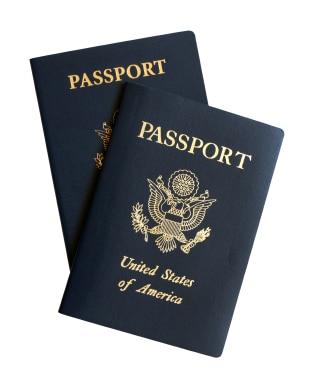Dual-Citizenship-and-Divorce
My last post examined some of the early legal issues to consider when dual nationals decide to get a divorce. A divorce proceeding involving dual nationals can be complex. It can also be emotional, expensive, and stressful. As a Chicago divorce lawyer, I am here to help and provide guidance and support. Here is the second part of my article on important legal issues to consider in divorce cases involving dual nationals.
What Country Will Have Jurisdiction Over the Divorce Proceeding?
This can be a very difficult question depending on the specific facts of a divorce and the countries involved. We can start with a very generalized rule. However, know in advance that there are definitely exceptions to this rule.
As a general rule, a court in the country in which dual nationals reside will have jurisdiction over divorce rights. An example here is useful. Consider a husband that holds dual U.S. and Canadian citizenship. He lives with his U.S. citizen wife in Canada. The couple was originally married in the U.S. They now decide to get a divorce. Applying the general rule stated above, the couple would have to dissolve their marriage in Canadian courts because that is the country in which they reside.
I am often hesitant to provide this rule because it is not always accurate. Divorces among dual nationals are not easy and jurisdictional questions can be complex. Please note that there are situations in which two countries can have authority to decide a single divorce case. In addition, a court in one country could have jurisdiction to decide one aspect of a divorce proceeding (e.g., property distribution) while a court in another country has jurisdiction to decide the remaining issues within a case. Further, some countries may display a simple lack of interest to become a part of a divorce proceeding among dual nationals altogether.
Given this variance, there is one important piece of information I often advise dual national clients contemplating a divorce. If there is some flexibility in terms of the location and timing of a divorce, it may be in a couple’s best interest to research what country will have the most favorable laws applicable to their particular situation. This includes laws on such issues as: alimony, property distribution, child custody, and child support. It also includes research on a particular country’s divorce guidelines, divorce filings, and divorce rights (e.g., women’s rights, acceptable grounds for divorce, alimony, child custody, and property distribution).
Is a Foreign Divorce Legal in the U.S.?
This can be a complicated question depending on the specific facts involved. According to the U.S. Department of State, a divorce decree issued in a foreign country generally is recognized in a state in the United States. This, however, is provided that both parties to the divorce received adequate notice of the divorce proceeding; and, it is provided that one of the parties lived in the foreign country at the time of the divorce. While this information is helpful, please note that it will not address every divorce that is issued on foreign soil.
As a Chicago divorce attorney, I advise spouses to seek the assistance of a qualified family law attorney as soon as they know a divorce is in their future. This advice is even more critical in those divorces involving dual nationals. If you have any further questions about divorce proceedings involving dual nationals, please do not hesitate to contact me.




